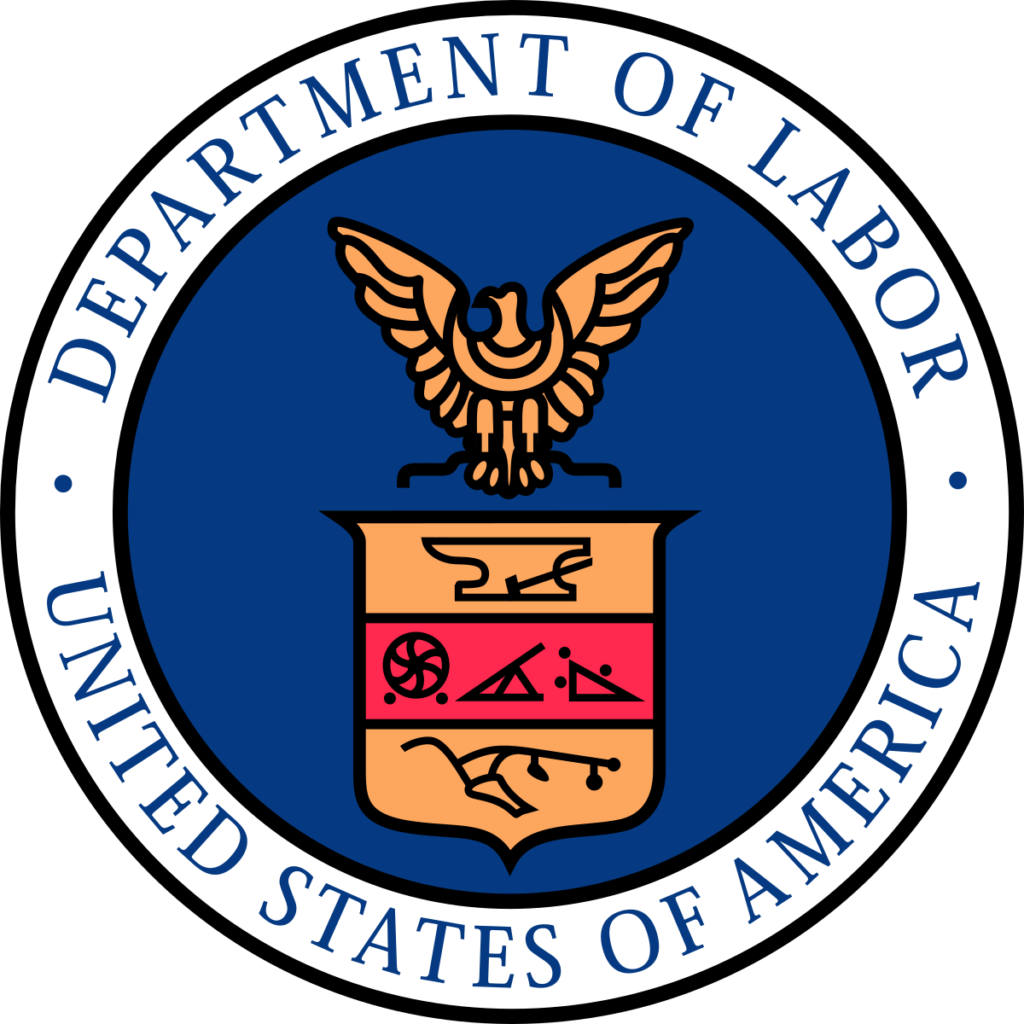By Frank Giles
The U.S. Department of Agriculture has released the results of its Farm Labor Survey. This data is used by the U.S. Department of Labor (DOL) to determine the Adverse Effect Wage Rate (AEWR), which establishes the minimum wages for H-2A workers in states.

The survey results indicate the new AEWR in 2023 is estimated to be $14.33, pending official notice in the Federal Register by the DOL. The new wage is up nearly $2 from last year’s rate of $12.41.

The Florida Fruit & Vegetable Association (FFVA) sent out notice of the wage increase, and said in a statement: “Shockingly, Florida’s new AEWR is projected to climb by nearly 15.5% to $14.33, up from $12.41 just a year ago. That’s more than double the total U.S. average for increases in the AEWR and puts Florida facing the largest increase of any area.
“This news comes at a time when Florida growers are facing rising input costs like never before. The continued use of the Farm Labor Survey as the methodology to set wages only seeks to further squeeze growers and is not sustainable. If we are to keep producing a reliable, safe and abundant domestic food supply, we must modernize the H-2A visa program to align with current agricultural practices and remove outdated barriers that restrict access for Florida’s seasonal growers.”
FFVA also noted it had joined the National Council of Agricultural Employers (NCAE) to file a legal challenge to the new H-2A Program Rule. The action was filed in the District of Columbia District Court. The lawsuit cites six causes of action and seeks a preliminary injunction, a permanent injunction, a stay of its implementation, as well as costs, among other relief.
“The nature of the changes will have a dramatic and negative effect on U.S. farm and ranch families whether they use the H-2A program or not,” said Michael Marsh, NCAE president and chief executive officer. “The Trump administration issued a rule that was a final agency action. However, on Inauguration Day, which is a federal holiday, the new Biden administration unlawfully withdrew the Trump Rule from publication at the Federal Register without any of the required public notice and comment. The new administration then substantially changed the rule Trump’s DOL had created to the detriment of farm and ranch families and again, failed to provide opportunity for required notice and comment. The actions here were clearly arbitrary and capricious and an abuse of discretion by the Secretary and otherwise not in accordance with law.”
FFVA also noted its continuing support of the Farm Workforce Modernization Act, which has been passed by the U.S. House of Representatives and awaits a companion bill in the Senate. The FFVA announcement noted optimism that the Senate version would soon be introduced and would provide much needed reforms to the H-2A program, including the methodology used to set the AEWR.









